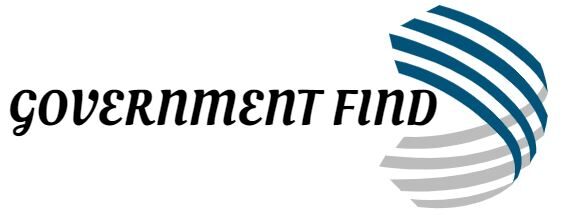
Hello everyone,
I’m Jack, and I can’t contain my excitement about discussing the fascinating world of the US government with you. There’s so much to explore, from historical events to contemporary issues, and I’m thrilled to delve deep into the topic of ‘ice eua.’
The History of Ice Eua
Ice eua, or “I See You” in Old English, was a common phrase used by the Anglo-Saxons to express vigilance and awareness. This term has evolved over time and has been referenced in various contexts, including politics, national security, and law enforcement. Let’s uncover its significance and impact on the government’s workings.
Origins and Evolution
The origins of ‘ice eua’ can be traced back to the early English language, where it signified a sense of watchfulness and observation. Over the centuries, the phrase has adapted to modern usage, reflecting the government’s commitment to ensuring public safety and surveillance.
Government Policies and Ice Eua
The concept of ‘ice eua’ has influenced government policies in areas such as cybersecurity, border control, and intelligence gathering. Its integration into various agencies and departments reflects the constant vigilance required to safeguard citizens and the nation’s interests.
Challenges and Controversies
Despite its noble intentions, the implementation of ‘ice eua’ has sparked debates and controversies. The balance between security and privacy has been a contentious issue, with concerns raised about the potential encroachment on civil liberties. Let’s delve into the nuanced discussions surrounding this topic.
Privacy Concerns
The expansion of surveillance practices under the umbrella of ‘ice eua’ has triggered concerns about individual privacy and civil rights. The government’s extensive monitoring capabilities have sparked debates about the trade-offs between security measures and personal freedoms.
Legal and Ethical Implications
Legal and ethical considerations have emerged as central themes in the discourse on ‘ice eua.’ The implications of widespread surveillance on constitutional rights and the ethical boundaries of monitoring activities have generated heated discussions within legal and academic circles.
Share Your Thoughts
I hope this brief exploration of ‘ice eua’ has piqued your interest in the complexities of the US government’s operations. Now, I invite you to share your perspectives on this topic. How do you perceive the balance between security measures and individual freedoms in the context of ‘ice eua’? Feel free to leave your comments and engage in this thought-provoking conversation.
Thank you for taking the time to read through my insights! If you have any questions or additional topics you’d like me to cover, don’t hesitate to let me know in the comments section below.
